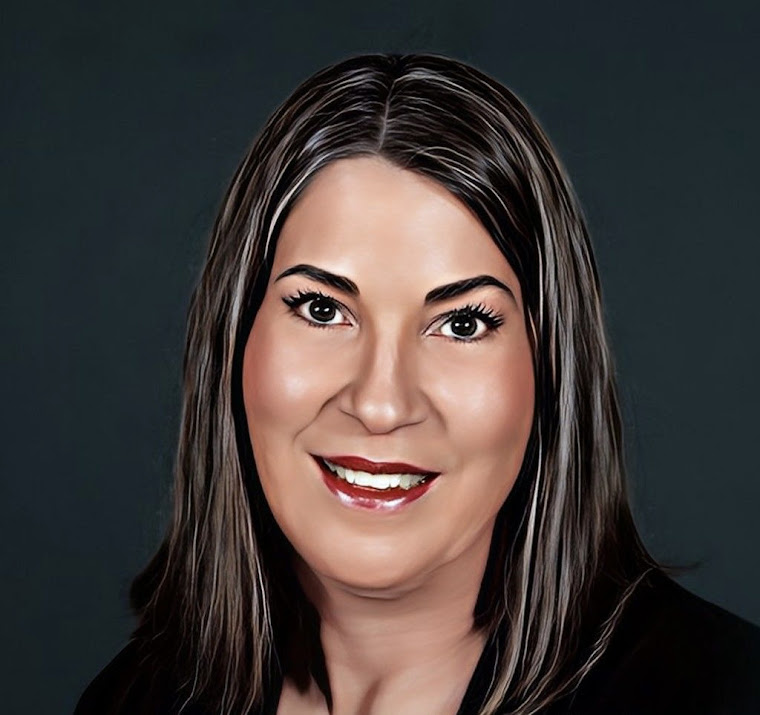 |
| Our son, Jason, and I at the "imagine" mosaic in NYC Central Park in 2007 |
When I served as the Florida Department of Education State Consultant for Gifted Education, I was frequently asked to provide technical assistance to school districts regarding strategies to improve creative and critical thinking skills for school-age students. In this article, I have identified some terrific strategies for learning to think creatively by using our imagination, including applications for both children and adults.
Strategies for Identifying and Developing Imagination in Children
Fluency, Flexibility, Originality, and Elaboration are the four primary strategies for developing and improving creative thinking or imagination.
Fluency is the ability to think of many answers to a question, to list many possible solutions to a problem, or to generate a number of responses. Fluency is being able to think of lots of plans or ideas. You are fluent when you can:
- Think of a long list of reasons for not cleaning your room.
- Make a very long list of games to play at a party.
- List many uncommon uses for a common thing, like a shoelace.
- Think of indoor games to play when your birthday party has been rained out.
- Think of another way to reach the top shelf when you can’t find the stepladder.
- Invent an interesting way to wash the kitchen floor.
- Suggest a unique name for your new baby sister.
- Devise a tool that will help you hold a pencil while your broken arm is in a cast.
- Design a get-well card for a sick friend and write your own message inside.
- Add extra details to a community map so that a friend can find your house more easily.
- Tell more about a character in a story so that a reader can identify with him or her.
- Explain the instructions for a game in greater detail than was used by the manufacturer of the game.
Our imagination is a powerful entity. It can cause the hair on the back of our neck to stand up, our spirit to soar, or our face to blush. Imagination is the power that holds our beliefs together; we believe with our imagination. The imagination is the wellspring of faith and hope. Our biggest and best dreams for ourselves and others rise from the imagination. As adults, when we have been hurt, our imagination is wounded. As a result, alienation and belief in bad news replace belief in good news.
- We may have a feeling response that can become frozen into resentment.
- We may have an anger response that can become frozen into negative reactions of rage or passivity.
- We might have an interpretation response that can become frozen in negative attitudes, perceptions, biases, and beliefs. As a result, our imagination becomes paralyzed. Attending to our wounded imagination is a path through forgiveness.
Forgiveness demands that we take another look so that our imagination can reframe our narrow interpretations. Forgiveness includes the decision to refocus or enlarge the context. Native Americans speak of walking a mile in another’s moccasins. When we enlarge the context, we refocus, or we see it through a wider lens. Imagination is the work of seeing through a wider lens. If we stick to a negative interpretation of an old offense, we will experience resentment whenever we think about it, or about the offender. We will never be able to grieve and let go; we will seesaw between rage and resignation; we will never allow anger to surface and put us back on the journey of forgiveness. If we insist on telling and retelling our bad news stories of the past, we simply recycle the bad news and pass it on to the next generation. We pollute the emotional environment; we remain stuck in lifeless memories instead of looking for a more positive side of things long past.
When you enlarge your perceptions, using your imagination, you at least allow for the possibility of healing. You give yourself the opportunity to turn from the negative aspects of your past, to get rid of the excess baggage, and to face the journey into the future with hope...What are your thoughts?

Thanks Beth- this will be mighty useful- will share it with work-mates who work with struggling students at my school- some solid gold tips here- thanks so much for sharing.
ReplyDeleteMary, thank you so much for your encouraging comments! I appreciate so much your willingness to share this with others, it means so much to me <3
Delete